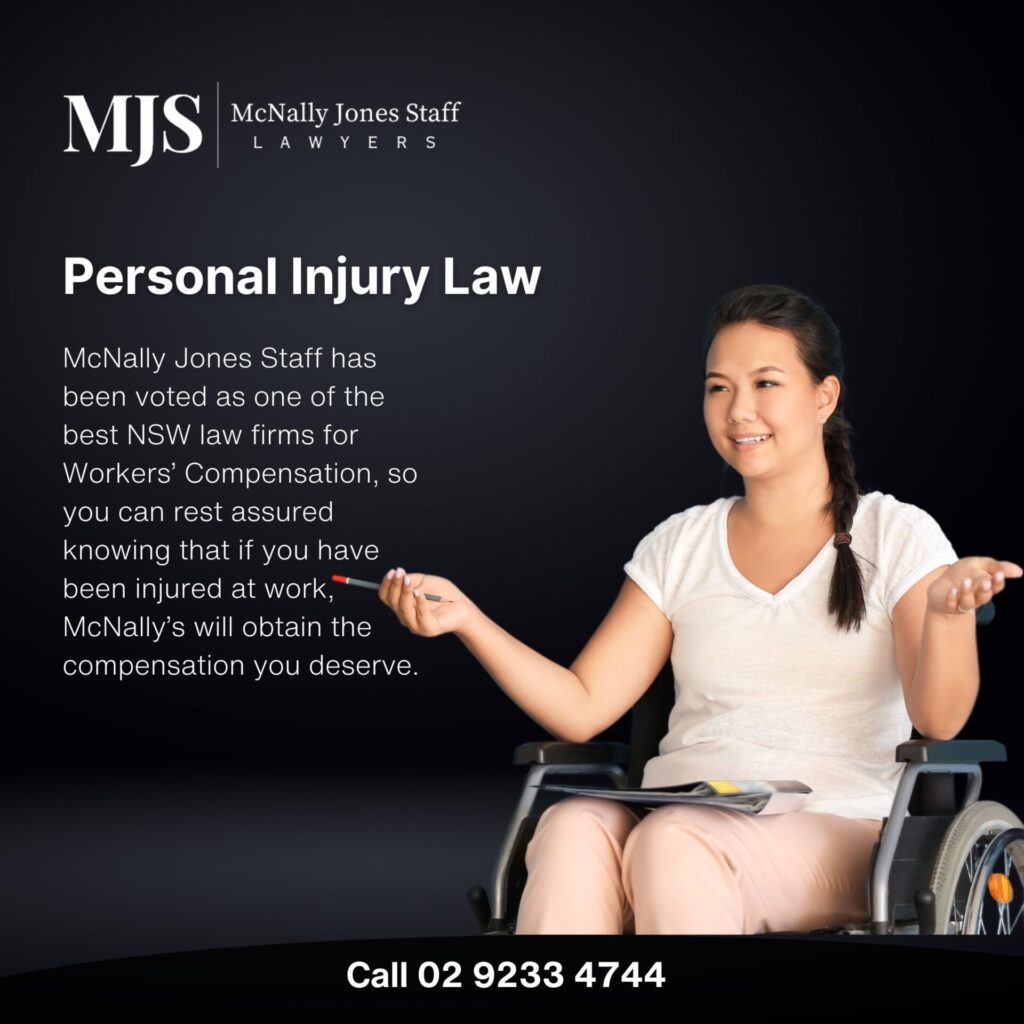Assault
We understand that being charged with assault is a stressful experience, and here at McNallys we are highly experienced in successfully representing those accused of assault.
Assault
Common assault is a crime under section 61 of the Crimes Act 1900 (NSW), however it is defined under the common law. It includes both: Any act which causes another person to fear immediate personal violence (threat of force), and. A striking, touching or application of force against another person (use of force).
Common Assault is a crime outlined in Section 61 of the Crimes Act 1900 (NSW). It’s an unlawful act that may result in up to 2 years of imprisonment and a $5,500 fine.
Common assault involves conduct that harms or intimidates. It applies even in the absence of intent to cause harm or instil fear, as long as the likelihood of immediate harm or fear was disregarded. This offence includes both direct physical engagement and hostile or aggressive actions.
Prosecution must prove, beyond reasonable doubt, the application of force or the intent or recklessness to cause apprehension of violence. The act must be without consent, intentional or reckless, and without lawful justification.
Examples include striking or throwing objects, hitting, spitting, restraining, and causing animals to fall off. Threatening to strike someone, even at a distance, can be considered an assault if it instills fear.
Day-to-day conduct, like bumping into someone, is generally deemed acceptable, but common assault may occur if an injury is caused, though it must be “transient or trifling.”
Common assault typically involves moderate violence, with more severe violence resulting in a more serious charge. The sentence depends on case specifics and the defendant’s history.
Possible penalties include imprisonment, fines, good behaviour bonds, section 10 dismissals, and compensation payments to victims. Alternatives to full-time imprisonment exist, such as community-based corrections orders.
Common assault cases are usually handled in the Local Court. However, they can be dealt with in the District Court if the prosecution elects to elevate them.
Defenses may involve self-defense, lack of intent, absence of assault, duress or necessity, mental illness, or everyday occurrences.
Fighting for Your Rights in New South Wales
Liability limited by a scheme approved under Professional Standards Legislation
SYDNEY (02) 9233 4744 | Level 3, 131 York Street, Sydney NSW 2000



